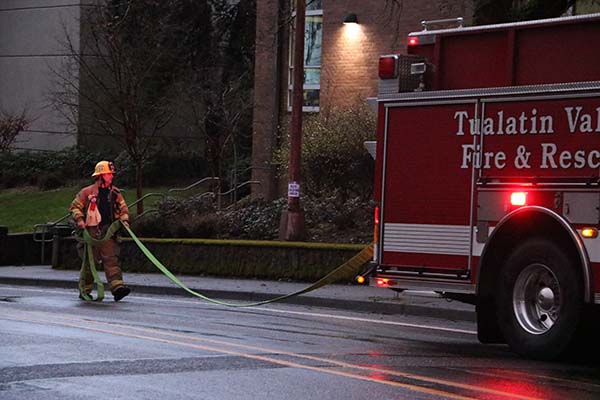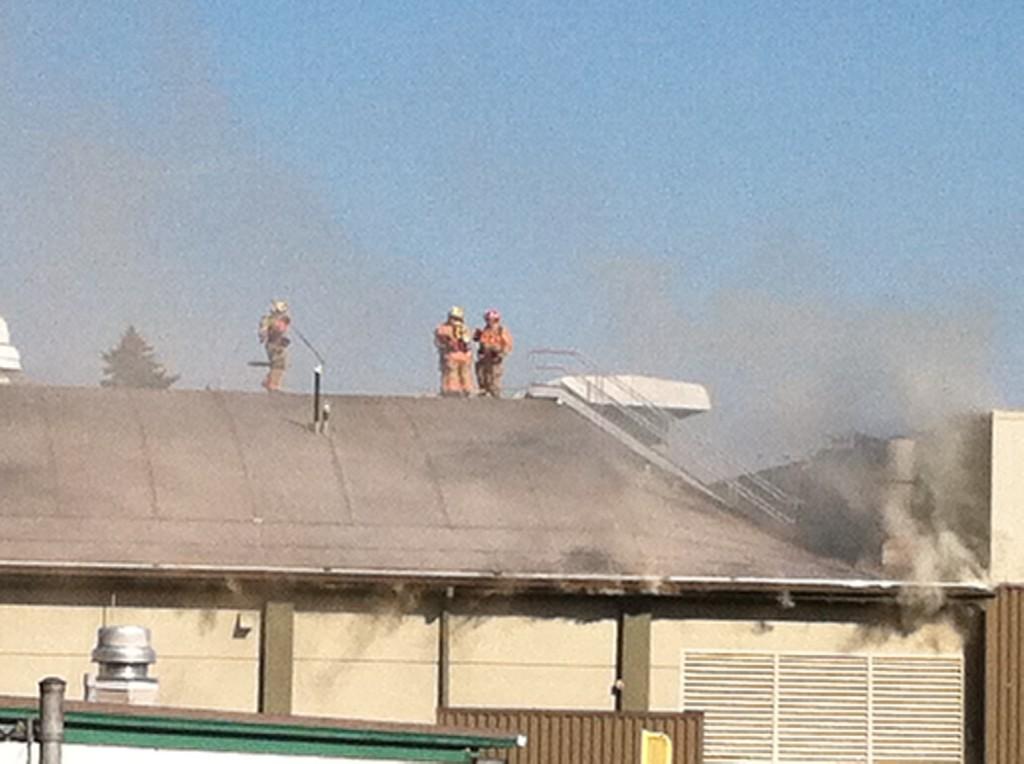Fire season is often in the driest seasons of the year, and as the cool weather of fall sets into Oregon, the rain may come as relief. Starting in late July, people have spikes of anxiety, trouble sleeping, and other depression like symptoms as wildfire dangers become increasingly worse, according to SAMHSA. During these months, the threat of mother nature smothering the atmosphere in smoke and ash can become overwhelming, even if you don’t live in the danger zone.
According to the National Interagency Fire Center, the United States deals with around 70,000 wildfires yearly. These fires cause natural habitats to be destroyed in some instances, and cause poor air quality in surrounding areas.
Studies show that humans cause between 85–90% of wildfires in the U.S. While natural causes like lightning storms can cause wildfires, it’s more than often caused by humans.
Geoffrey Bingham, a Permaculture and Geology teacher, has been teaching since 2005.
“Some plants need fire to thrive,” Bingham said. “The biggest issue currently [on how wildfires affect the environment] is that we have so much fuel built up that we’re actually burning those trees past their ability to actually reproduce.”
Certain types of plants, including the Eucalyptus tree, require fire for its seed to sprout. But with the change in the fuel for fire due to worsening global warming and drier foliage, the inferno burns too hot for any fire-sprouting plant to grow as well.
“I think we all know that [wildfires affect people]. Really poor air quality days. I mean the amount of smoke in the last 10 years was astronomical,” Bingham said. “When I was a kid I don’t remember smokey days in the summer. They weren’t a thing. And I grew up here, so now it’s almost expected every summer. Even you guys as young critters can see that affect yourself.”
The smoke that comes from fires can not only be damaging to animals, but to people as well. It causes smoke sickness which includes nausea, dizziness, and shortness of breath and can cause people with existing breathing problems such as asthma, to worsen their condition. During smokey days, scientists recommend staying inside to avoid breathing in harmful air.
One thing people can do to help reduce fire danger is always build campfires away from brush, and put the fire out with cold water until it’s no longer hot. People could also cut back dry brush around their property back 30 feet and keep the soil wet in the summer. Regularly maintain vehicles and never park them over dry grass. All these may prevent people from causing a wildfire.


![Reaching out. Christopher Lesh, student at Central Catholic High School, serves ice cream during the event on March 2, 2025, at the Portland waterfront. Central Catholic was just one of the schools that sent student volunteers out to cook, prepare, dish, and serve food. Interact club’s co-president Rachel Gerber, junior, plated the food during the event. “I like how direct the contact is,” Gerber said. “You’re there [and] you’re just doing something good. It’s simple, it’s easy, you can feel good about it.”](https://wlhsnow.com/wp-content/uploads/2025/03/interact-1-edited-1200x744.jpg)






















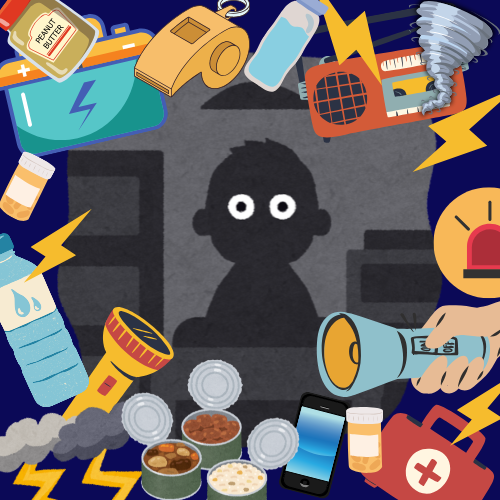
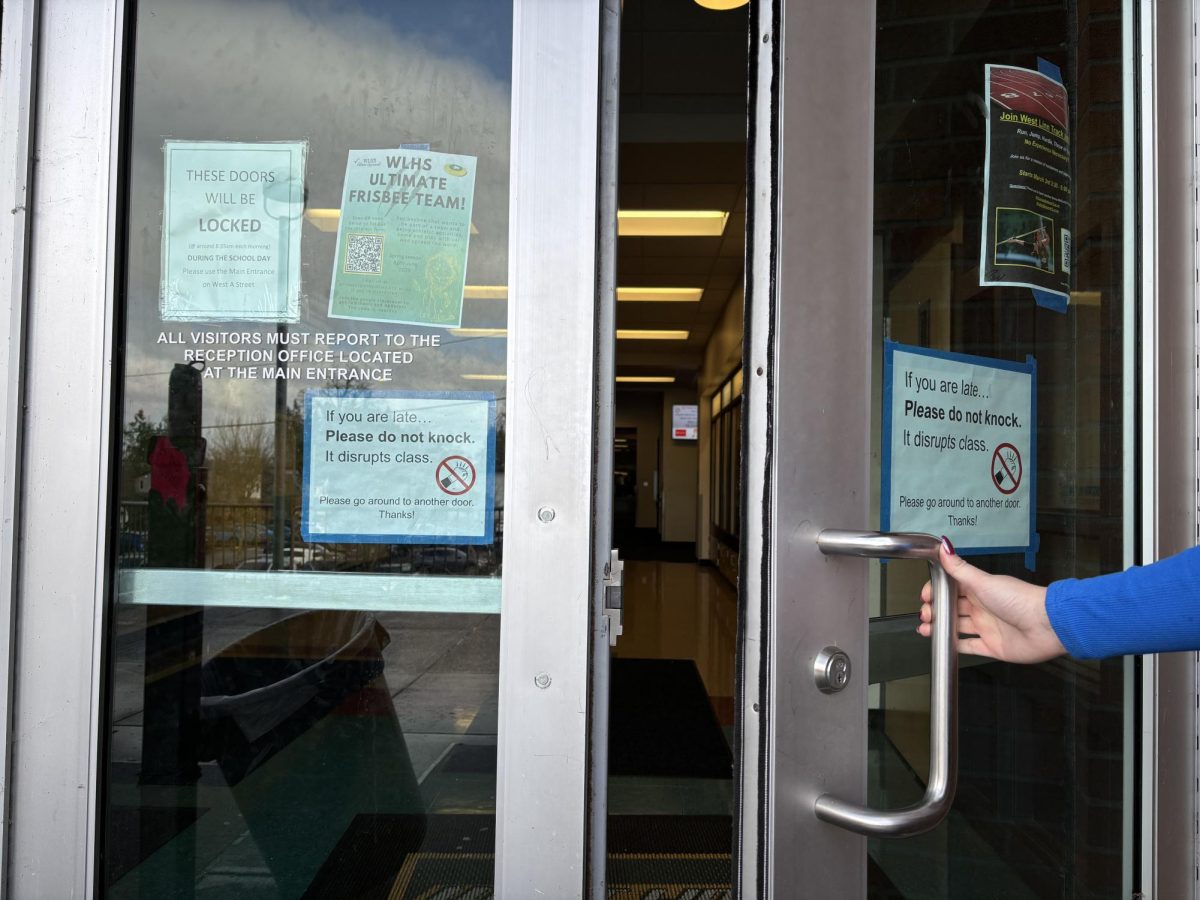
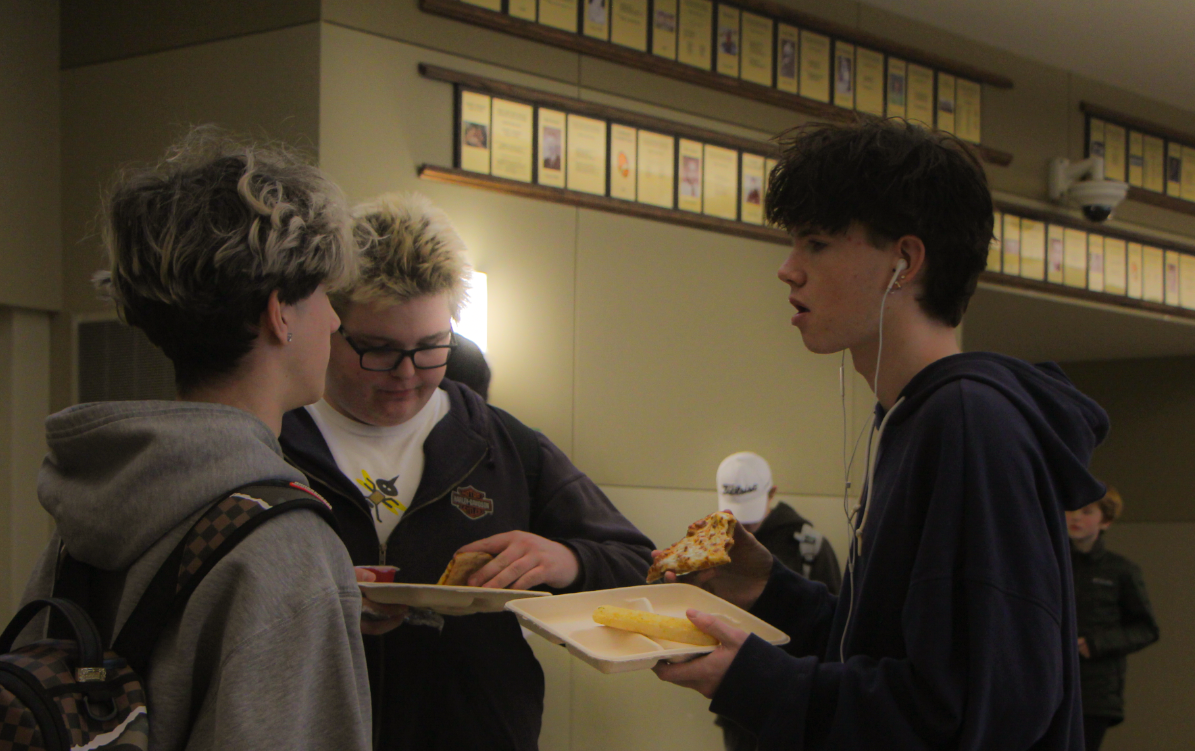

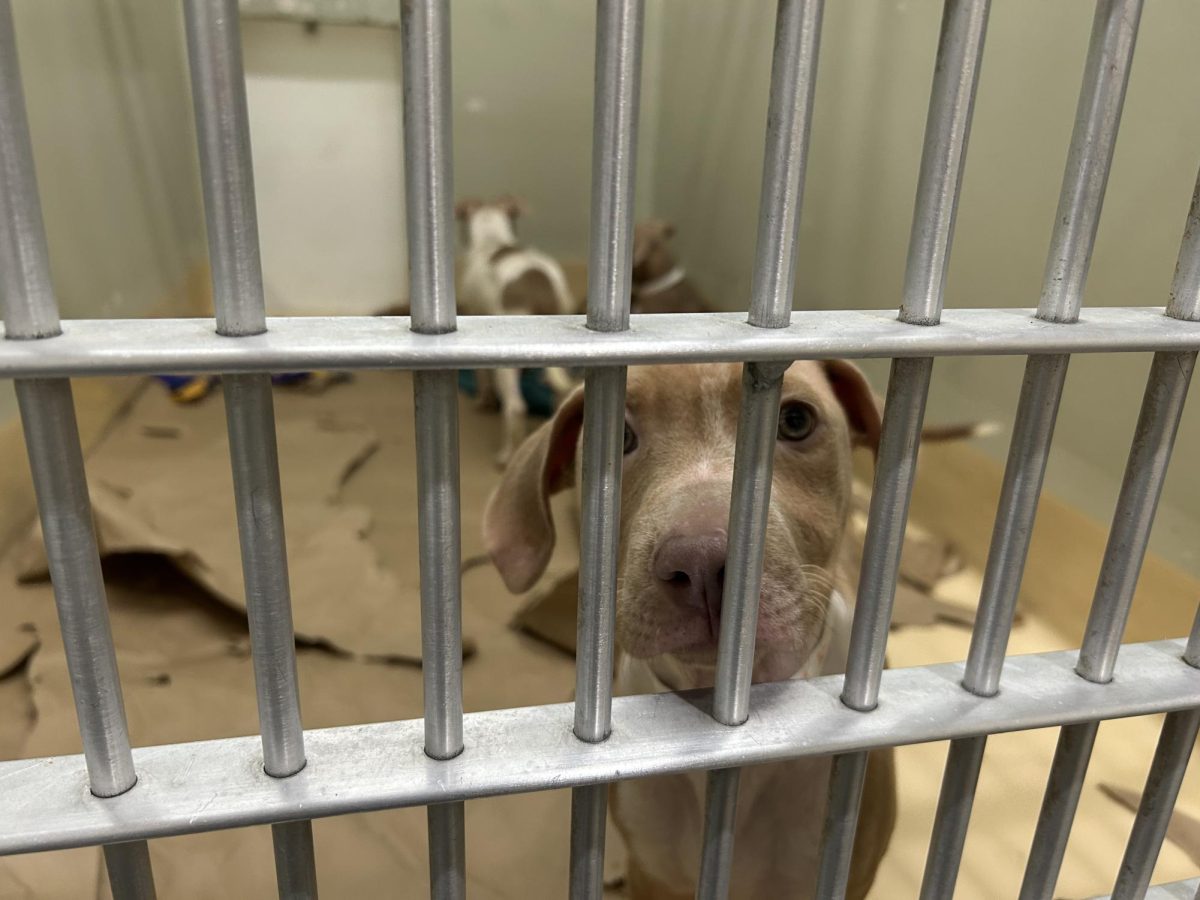










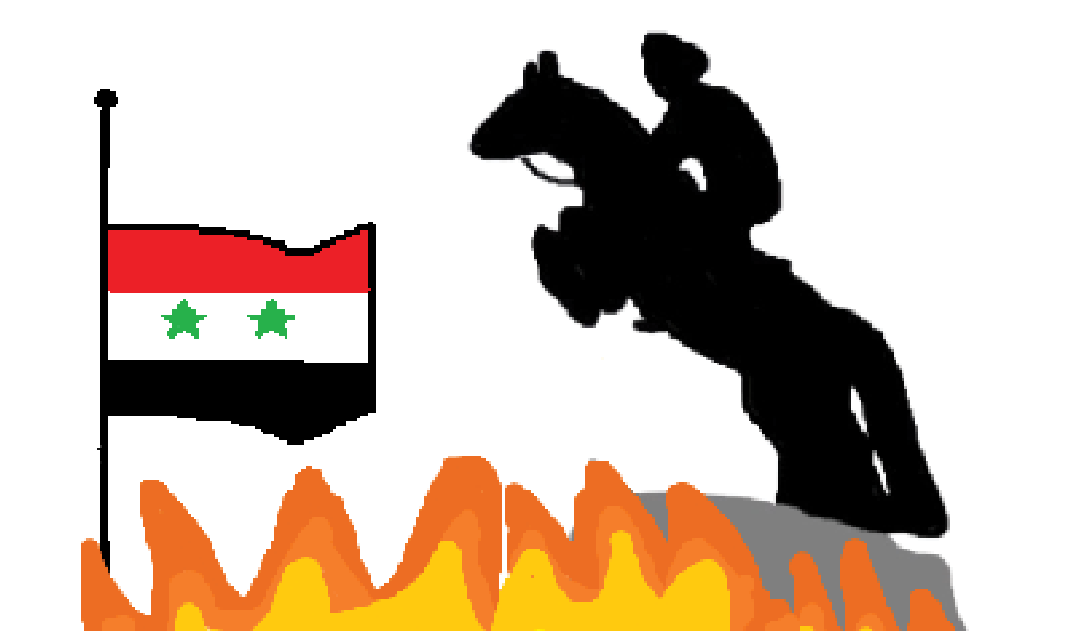






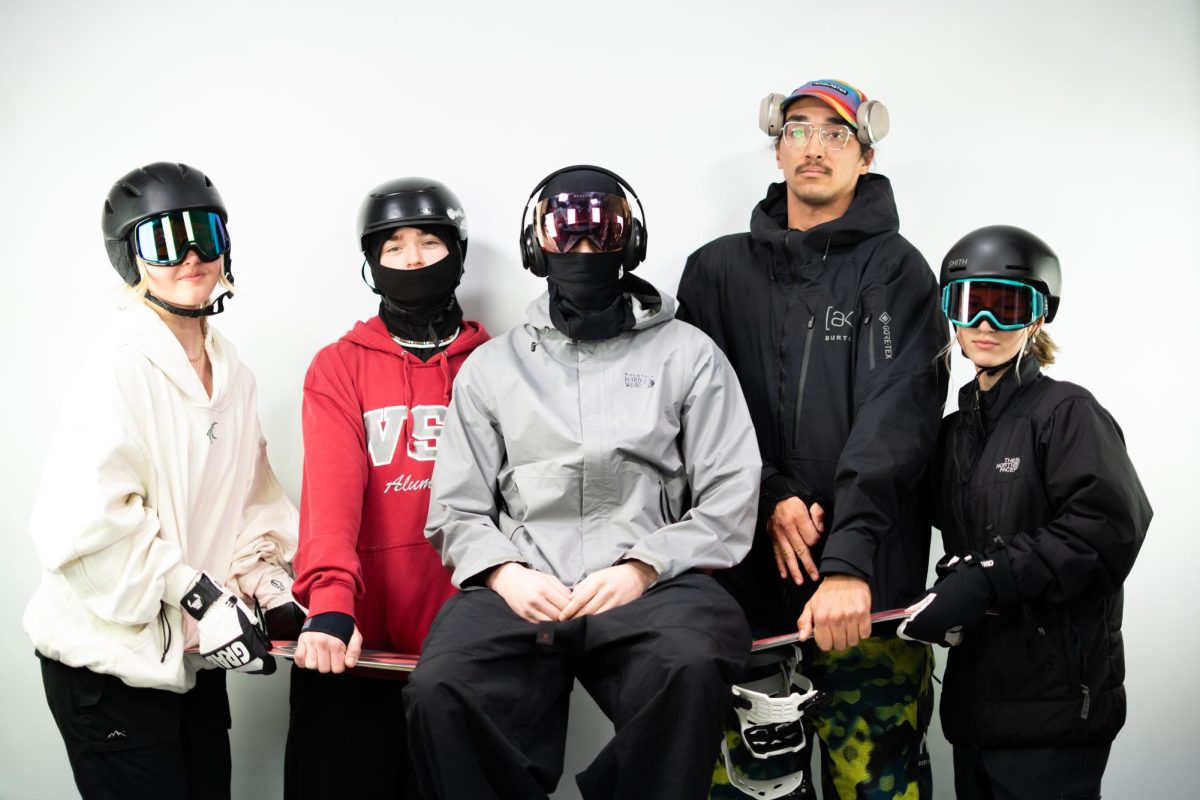
















![At the bottom of the third inning, the Lions are still scoreless. Rowe stands at home plate, preparing to bat, while Vandenbrink stands off to the side as the next batter up. Despite having the bases loaded, the team was unable to score any runs. “It’s just the beginning of the season. We’re just going to be playing out best by June, [and] that’s where champions are,” Rowe said.](https://wlhsnow.com/wp-content/uploads/2024/03/IMG_3077-1200x900.jpg)




















































